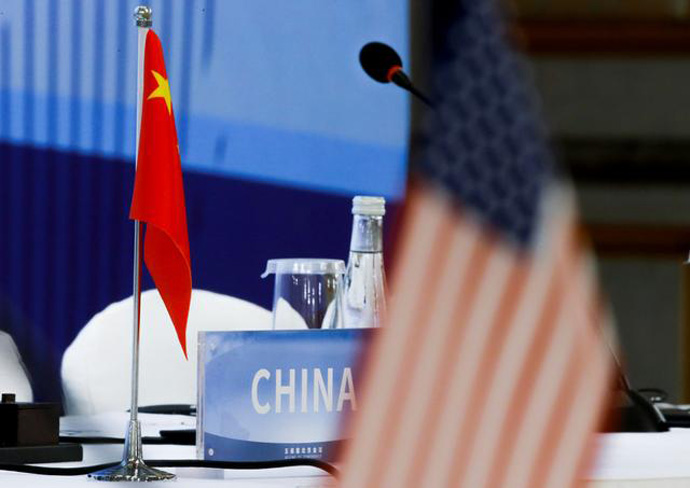
Huang Jing, University Professor at Shanghai International Studies University
Aug 07, 2020
China’s political system is fundamentally incompatible with the mainstream of the existing international order, leaving it two choices as it considers how to fend off Trump’s onslaught.
Aug 06, 2020
The third episode of The Pacific Dialogue, is between two prominent scholars – Prof. Ezra Vogel of the Harvard University and Prof. Jia Qingguo of Peking University. They spoke from their homes in Boston and Beijing respectively. The conversation took place on July 28, 2020, and was moderated by China-US Focus Editor-at-Large James Chau in Hong Kong.

An Gang, Adjunct Fellow, Center for International Security and Strategy, Tsinghua University
Aug 06, 2020
Will “Trump shock” turn out to be a temporary blip in the course of American politics or a chronic disease that will continue to infect future relations for years to come? Stay tuned.

David Shambaugh, Gaston Sigur Professor and Director of China Policy Program at George Washington University, Distinguished Visiting Fellow at Hoover Institution of Stanford University
Jul 31, 2020
The last three months has seen a number of major policy statements by top Trump Administration officials. If there was any question that the Trump administration seeks a new Cold War confrontation with China, these documents and speeches provide the answer.

Zhang Yun, Professor, School of International Relations, Nanjing University
Jul 30, 2020
A new test for Chinese diplomacy will be guiding the United States to adapt to a new situation. By affirming the positive role of the U.S. in creating the postwar world order, China and others can show that they are not attempting to exclude it now but merely helping it evolve.

Tao Wenzhao, Honorary Member of the Chinese Academy of Social Sciences; Fellow, CASS Institute of American Studies
Jul 21, 2020
The trade and economic relationships between China and the United States have provided an essential calming influence over many decades. Now, the international community is concerned that they may break down.

Fu Ying, Founding Chair of Center for International Security and Strategy, Tsinghua University; China's former Vice Minister of Foreign Affairs
Jul 20, 2020
China needs to figure out how to respond constructively to provocations by the United States, especially as the rhetoric heats up in a presidential election year. I have some suggestions.

Zhao Qizheng, Dean of the School of Journalism, Renmin University
Jul 14, 2020
A desire for all-around containment of China by the United States — pushed by hawkish political elements — is a major error that only boxes the two countries into the so-called Thucydides trap. Conflict will have no winners.

Hua Xin, PhD, CASS Graduate School
Jul 09, 2020
How the United States decides to tilt the delicately balanced scales will determine whether relations with China will heal or erode further. Both countries stand to gain from cooperation, and both will lose by confrontation. We need to remove the painful barbs with patience.

Joseph S. Nye, Professor, Harvard University
Jul 06, 2020
While the US and China have entered a new phase in their relationship, it is misleading to call it a new cold war. Both sides should find the requisite “bottoms” and “safety nets” that establish a framework that best suits the US-China cooperative rivalry.
Back to Top

- China-US Focus builds trust and understanding between the U.S. and China through open dialogue among thought leaders.
- Our Offerings
- Topics
- Videos
- Podcasts
- Columnists
- Research Reports
- Focus Digest
- Stay Connected
-
Thanks for signing up!
- Get the latest stories from China-US Focus weekly.